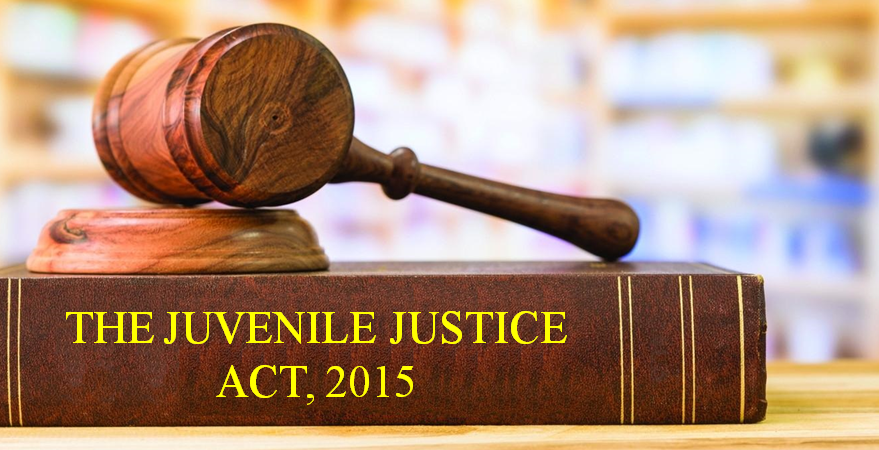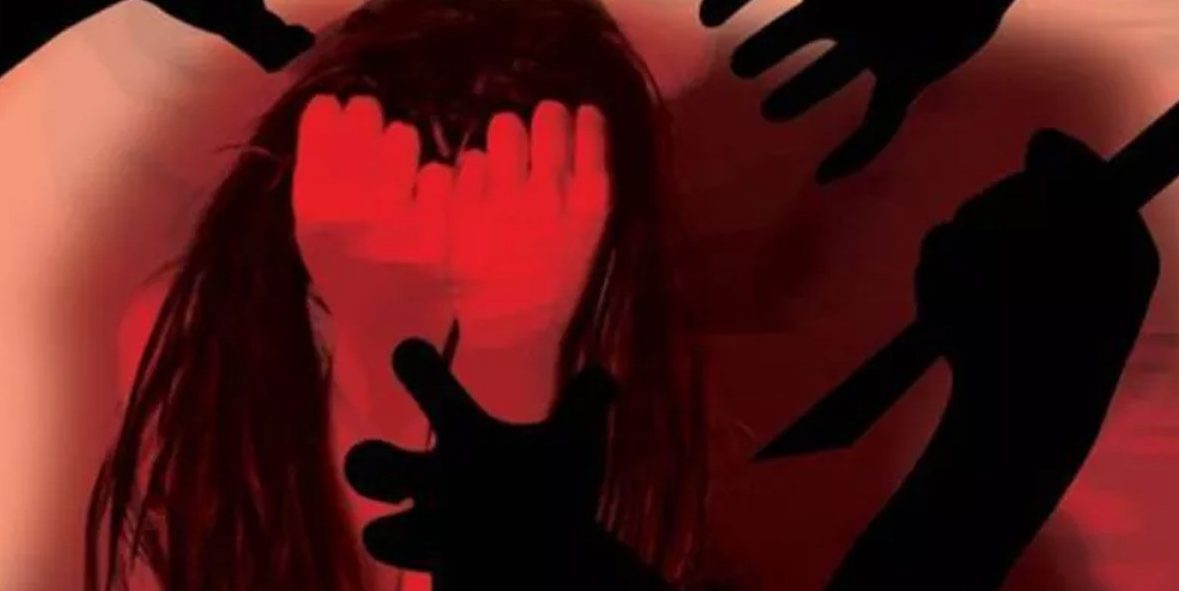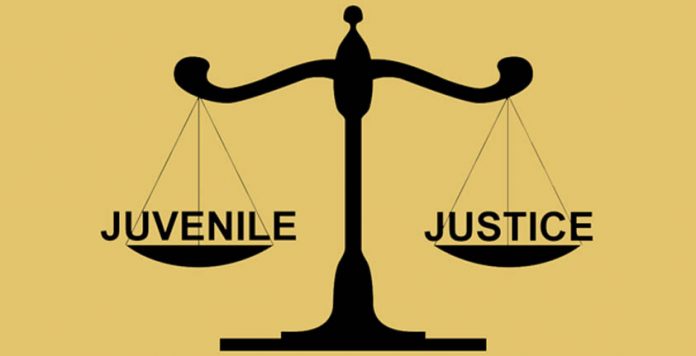- The Nirbhaya case succeeded in completely shaking up the collective conscience of the nation for the way brutality was perpetrated on a hapless young woman has been well documented. It led to a tremendous furor and unanimous call for strengthening the Juvenile Justice Act to set a precedent as well as a deterrent mechanism for such heinous crimes from being perpetrated nonchalantly. The nation’s moral conscience was so badly shaken by the cruelty of the act that something had to give in to introduce more stringent laws to protect future victims. The resultant outcome was the Juvenile Justice Act 2015 amendments allowing trial of juveniles over 16, when accused of heinous offenses, as adults in children’s courts.

PC: AK Tiwari
- However, a Juvenile Justice Board first evaluates such perpetrators for mental and physical capacity and ability to understand the consequences of the crime. If found guilty, jail terms for the remainder of the sentence commence only on turning 21. Note the age here. Even if an unlawful act is executed on gullible victims, the law to punish the proven accused will take effect only after turning 21 years. Against this backdrop, a Madhya Pradesh High Court judge has ruled pointing the Juvenile Justice Act’s inability to punish delinquents aged below 16 while rejecting bail for a 15-year-old juvenile accused of raping a 10-year-old girl. The judge has caustically observed that the legislature hasn’t learned lessons from the Nirbhaya case.
- If you recollect, one rapist in the sensational case was just under 18 years. Coincidentally, during the parliamentary debate at least one Member of Parliament had also wondered if a future 15-year-old offender accused of a heinous crime would prompt further lowering of age. Understandably, victims of rape or other such heinous crime would feel let down by the law of the land if violators get just three years in a special home just because they are underage. The need to strike a balance in such a scenario is stark and necessary as offenses committed by under 16 are on the rise. If a juvenile less than 16 is credibly accused of an extremely heinous offense, he can be in the same halfway house system as those in the 16-18 group are now.

PC: Ankit Sharma Sharma
- Therefore, accurately determining whether someone less than 16 can be indeed be tried in such a fashion must be a thorough process. Any amendment being considered by the Parliament must be written with case making exceptions for the JJA’s age of criminality for extremely heinous offenses. Unambiguously defining the heinous crimes must be bereft of subjectivity. With the advancement of digital technology leading to an avalanche of information available at a mere click, young minds getting influenced to commit a crime cannot be disputed or ruled out either. Hence, any further amendments contemplated to the JJA should be well thought out encompassing minute details leaving nothing for diabolical interpretations.






